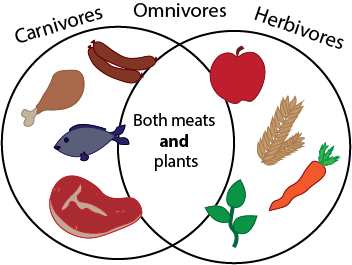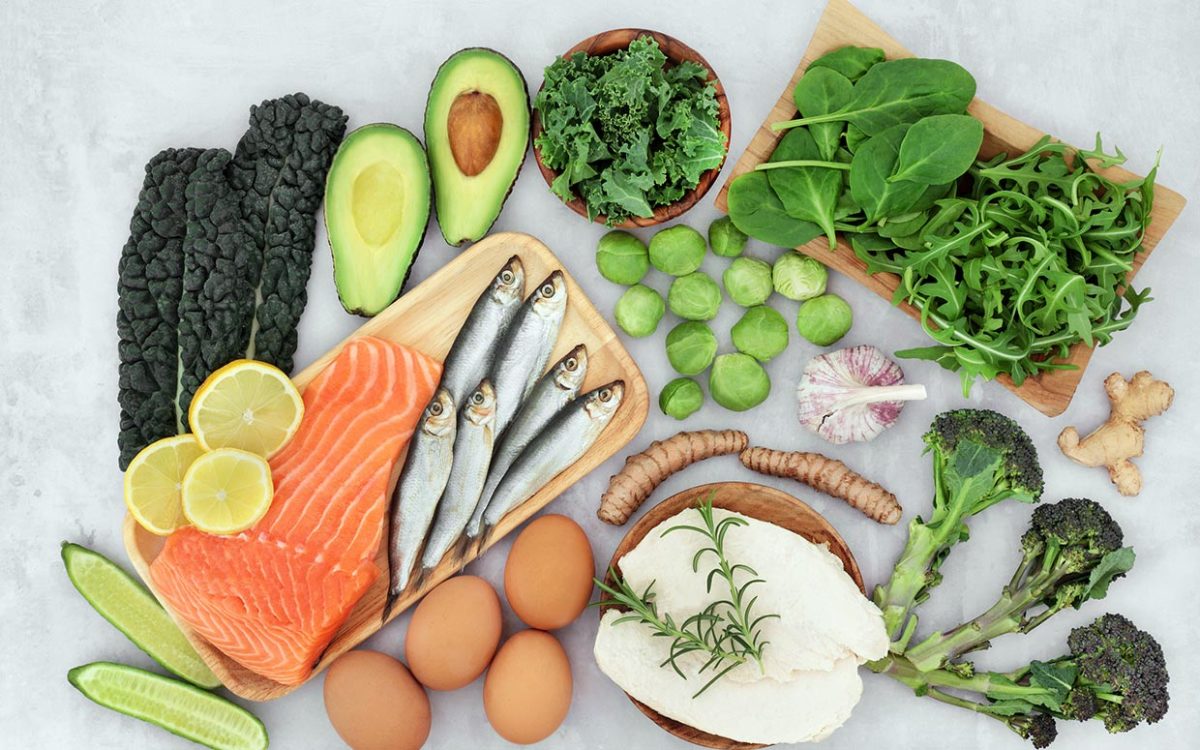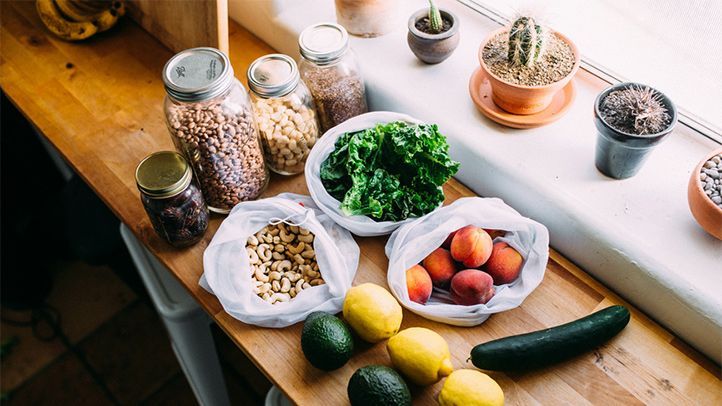
If you suffer from diabetes, a vegan diet may be something you want to consider. A vegan is a healthy diet that does not include meat, dairy products, or cheese. It is also high in fiber, proteins, and vitamins. It can help you manage your blood sugar, lose weight, and decrease your risk of heart disease and other diseases.
Before starting a vegetarian or vegan diet, you should consult with a dietitian. This diet can be challenging to manage without the guidance of an expert in nutrition. Your doctor should be consulted about any medication you are taking and how it will affect your new diet.
A diabetic vegan menu plan will consist of meals with low carbohydrates and high protein, fiber and healthy fats. These foods can help keep your blood sugar levels stable and your diabetes under control.
The meal plan includes many plant-based foods like beans, grains and fruits. Also included are seeds, nuts and legumes. Choose low-fat alternatives whenever possible and limit the intake of refined carbs like white pasta, bread and other processed foods.

Some processed vegan foods contain added ingredients that can cause your blood sugar to spike, so you should check labels before buying any of them. You should also be aware that some vegan food may contain more carbs than other foods. A balanced meal plan with both plant-based and not-plant-based choices is recommended.
Insulin Vegan
If you have type 2 diabetes, a vegan diet can help reduce your symptoms and improve your health. A study found that vegans had more sensitive beta-cells in their pancreas which produce insulin. The researchers suspect that the better beta cell function in vegans may be due to a reduction in oxidative stress and inflammation that contribute to beta-cell loss in type 2 diabetes.
A vegan diet may also help manage and prevent prediabetes. In the study, people with prediabetes who followed a vegan diet for four months had a lower blood glucose and hemoglobin A1c than those in the same group who ate an American Diabetes Association (ADA) diet.
This diet increases the insulin production in your body and allows your body use the glucose you eat. According to National Institutes of Health this can also control your sugar levels and improve overall health.
A vegan diet can also help control your cholesterol and triglycerides, which are risk factors for heart disease. Eating a low-fat diet and eating more fiber has been shown to reduce LDL and triglycerides.

American Heart Association says it can reduce the risk of heart attack, stroke and blood pressure. It can help to prevent and treat kidney stones.
The American Diabetes Association strongly recommends that you seek the advice of a registered dietetic before changing your diet or going vegan. A dietitian helps you to develop a balanced diet plan that meets your needs and keeps your diabetes under your control. She can also give you advice on the best vitamins, supplements and diet for you and monitor your blood sugar levels.
FAQ
These are five tips to help you lead a healthy lifestyle.
What are 5 ways to live a healthy lifestyle?
Living a healthy lifestyle involves eating right and exercising regularly. Eating well means avoiding processed foods, sugar, and unhealthy fats. Exercise strengthens your muscles and helps you lose calories. Sleeping enough can improve memory and concentration. Stress management helps reduce anxiety and depression. Fun keeps us vibrant and young.
Which 10 foods are your favorite?
The top 10 best foods are:
-
Avocados
-
Berries
-
Broccoli
-
Cauliflower
-
Eggs
-
Fish
-
Grains
-
Nuts
-
Oats
-
Salmon
How can I get enough vitamins
The majority of your daily nutritional needs can be met solely through diet. Supplements may be necessary if you are not getting enough of a particular vitamin. Multivitamin supplements can be taken that contain all the vitamins you need. You can also get individual vitamins at your local drugstore.
Talk to your doctor to find out which foods are rich in vitamins. You can find vitamins K and E in dark green leafy vegetable such as spinach, kale and turnip leaves, as well romaine lettuce and arugula.
Ask your doctor if there is any doubt about how much vitamin you should be taking. The doctor will determine the proper dosage based upon your medical history as well as your current health.
Improve immunity with herbs and supplements?
You can boost your immune function with herbs and natural remedies. Examples include ginger, garlic and oregano, echinacea, vitamin C, ginkgo Biloba, and echinacea.
However, these herbal remedies should not replace conventional medical treatment. These herbal remedies can cause nausea, diarrhea and stomach cramps. They can also cause dizziness, headaches, dizziness, allergic reactions, and stomach pains.
Here are 7 ways to live a healthy lifestyle.
-
Make sure you eat right
-
Exercise regularly
-
Sleep well
-
Get plenty of water.
-
Get enough rest
-
Be happy
-
Smile often
What should I eat?
Consume lots of fruits, vegetables. They are high in vitamins and minerals, which can help strengthen your immune system. Vegetables and fruits are high in fiber which helps to digest and fill you up. At least five servings of fruits and vegetables should be consumed each day.
Make sure you drink plenty of water too. Water flushes toxins out of the body and helps to feel full between meals. Drink about eight glasses each day.
Eat whole grains instead of refined ones. Whole grains have all the nutrients they need, including B vitamins. Refined grains are stripped of some of their nutritional value.
Avoid sugary drinks. Sugary drinks can be a source of empty calories, which can lead to obesity. Choose water, milk or unsweetened tea instead.
Avoid fast food. Fast food lacks nutritional value. While it might taste good, it won't give your body the energy it needs to function properly. Stick to healthier options such as salads, soups, sandwiches, and pasta dishes.
Reduce your alcohol intake. Alcohol contains empty calories and contributes to poor nutrition. Limit the amount of alcohol you consume in a given week to no more than 2 alcoholic beverages.
Reduce the consumption of red meat. Red meats have high levels of cholesterol and saturated fat. You should choose lean cuts like beef, pork lamb, chicken and fish instead.
Statistics
- Extra virgin olive oil may benefit heart health, as people who consume it have a lower risk for dying from heart attacks and strokes according to some evidence (57Trusted Source (healthline.com)
- nutrients.[17]X Research sourceWhole grains to try include: 100% whole wheat pasta and bread, brown rice, whole grain oats, farro, millet, quinoa, and barley. (wikihow.com)
- WHO recommends consuming less than 5% of total energy intake for additional health benefits. (who.int)
- This article received 11 testimonials and 86% of readers who voted found it helpful, earning it our reader-approved status. (wikihow.com)
External Links
How To
How to keep motivated to eat healthy and exercise
Here are some motivational tips to stay healthy
Motivational Tips for Staying Healthful
-
List your goals
-
Set realistic goals
-
Be consistent
-
Reward yourself when you achieve your goal
-
You don't have to give up if your attempts fail.
-
Have fun